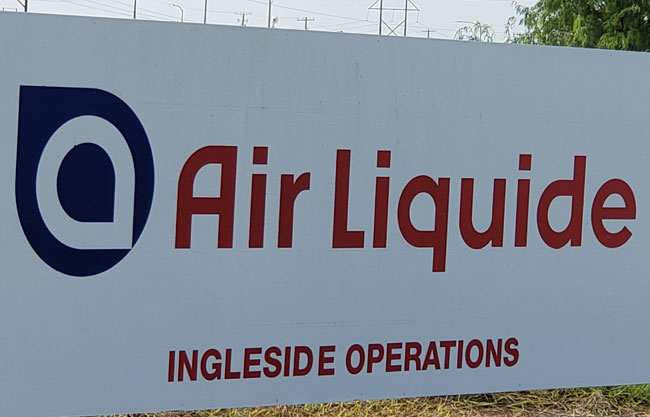Texas Enterprise Fund
The Texas Enterprise Fund (TEF) awards “deal-closing” grants to companies considering a new project for which one Texas site is competing with other out-of-state sites. The fund serves as a financial incentive for those companies whose projects would contribute significant capital investment and new employment opportunities to the state’s economy.
Who Can Apply?
Companies planning a new project including a facility opening or expansion, with significant projected job creation and capital investment, where a single site in Texas is actively competing with at least one viable out-of-state option.
Type of Incentive
“Deal-closing” cash grants are calculated according to a uniform analytical model for each applicant. Award amounts are calculated on the average wage of new employees, taking into account the expected hiring timeline and number of jobs created, with per-employee award amounts subject to adjustment based on the company’s total proposed capital investment.
Eligibility Details
- The single Texas site being considered for the project must be in active competition with at least one out-of-state site and the company must not have made a location decision. Actions signifying the company has already made a location decision include, but are not limited to—signing a lease, purchasing land, hiring employees and/or making a location announcement.
- Projected new job creation must exceed 75 full-time jobs (urban areas) or 25 full-time jobs (rural areas).
- The total average wage for new jobs must meet or exceed the average county wage for the county in which the project would be located during the full term of the grant agreement.
- The company must demonstrate significant levels of planned capital investment, as determined by the Governor’s Office.
- The project must be supported by the city, county and/or school district in which the project would be located, particularly in the form of local economic incentive offers.
- The company must be well-established and financially sound.
- The company must operate in an advanced industry which affords it other feasible location options nationally and/or internationally.
If and when approved for a TEF grant and upon acceptance of such grant, all TEF awardees must sign a grant contract with the state which legally obligates the company to fulfill, among other things, projected job creation and average wage commitments. No TEF funds are disbursed until after grantees sign a grant contact and meet their respective job and wage targets for each individual period (typically annually). Grantees are required to maintain these job and wage figures throughout the term of the contract. In the event a grantee fails to do so or fails to meet other terms of the grant contract, certain contract provisions allow the Governor’s Office to demand repayment of previously disbursed grant funds in the form of clawbacks. Each TEF grantee will also participate in a press release with the Governor’s Office announcing the project and the TEF award amount.
Application
With a rolling application period, eligible companies must submit a complete application packet to be considered for a TEF grant.
TEF applicants undergo a thorough 11-step due diligence screening process. Areas of focus include project competitiveness, corporate activity, financial standing, tax status, legal issues, credit ratings, estimated economic impact, and the business climates of competing locations. The Governor, Lieutenant Governor, and Speaker of the House review all applications and must unanimously agree to support the use of TEF for each applicant.
TEXAS ECONOMIC DEVELOPMENT
P.O. Box 12428
Austin, Texas 78711
Category: TX State Programs
More TX State Programs
he Product Development and Small Business Incubator Fund offers long-term, asset-backed loans to near-bankable businesses commercializing new or improved products and small businesses or entities which foster growth of small businesses. The program targets those businesses which may be unable to obtain full financing or financing on workable terms in traditional capital markets.
The Self Sufficiency Fund provides training grants for industry recognized certificates and credentials that lead to permanent full-time employment.
The Texas Enterprise Zone Program (EZP) is a state sales and use tax refund program designed to encourage private investment and job creation in economically distressed areas of the state.







